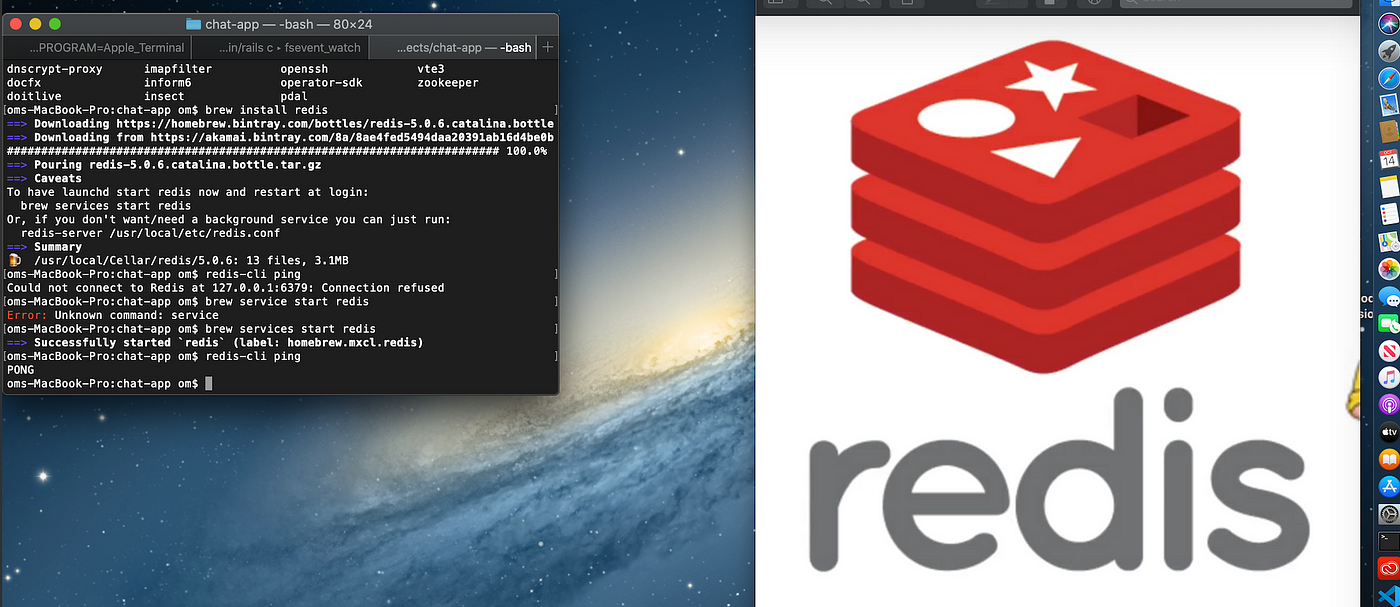
Homebrew is a package managing tool. It’s more popular on Linux but is also used extensively on macOS. In fact, for apps that install as packages, Homebrew is the easiest way to remove them. Here’s how you can install Homebrew on macOS Catalina. In order to install Homebrew on macOS Catalina, you must have Xcode installed. Doing it Right¶. Let’s install a real version of Python. Before installing Python, you’ll need to install GCC. GCC can be obtained by downloading Xcode, the smaller Command Line Tools (must have an Apple account) or the even smaller OSX-GCC-Installer package. Installing Homebrew. First, we need to install Homebrew. Homebrew allows us to install and compile software packages easily from source. Homebrew comes with a very simple install script. When it asks you to install XCode CommandLine Tools, say yes. Open Terminal and run the following command. Step 2: Install Node. By installing NodeJS you will also get NPM which is Node package manager. It will help you to install other packages. To install Node on your Mac using Homebrew type the following command. $ brew install node. Once you have Node installed you can check its version by typing the following command in the terminal.




Install Homebrew Osx Catalina
Install Homebrew
Paste that in a macOS Terminal or Linux shell prompt.
The script explains what it will do and then pauses before it does it. Read about other installation options.
What Does Homebrew Do?
Homebrew installs the stuff you need that Apple (or your Linux system) didn’t.
Homebrew installs packages to their own directory and then symlinks their files into
/usr/local.Homebrew won’t install files outside its prefix and you can place a Homebrew installation wherever you like.
It’s all Git and Ruby underneath, so hack away with the knowledge that you can easily revert your modifications and merge upstream updates.
Homebrew complements macOS (or your Linux system). Install your RubyGems with
gemand their dependencies withbrew.“To install, drag this icon…” no more. Homebrew Cask installs macOS apps, fonts and plugins and other non-open source software.
Donate to Homebrew
Homebrew Blog
Analytics Data
Homebrew was created by Max Howell. Website by Rémi Prévost, Mike McQuaid and Danielle Lalonde.